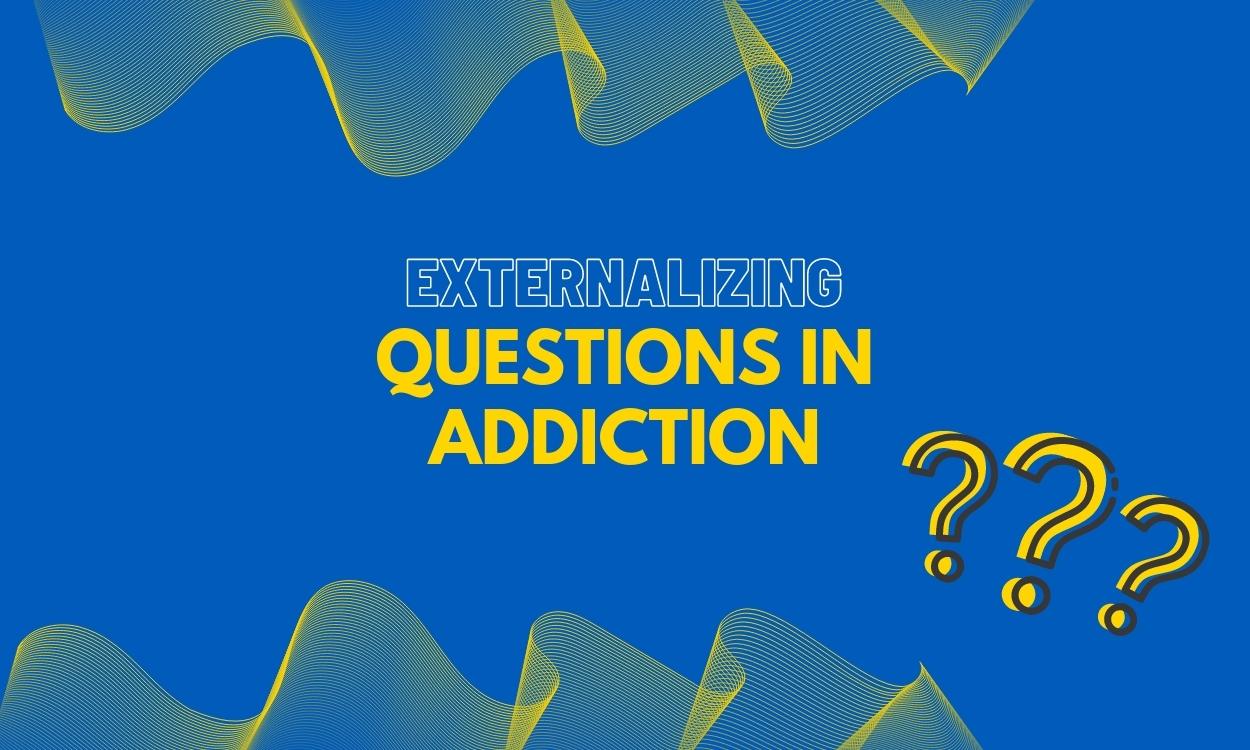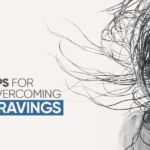
Addiction has a specific style of thinking that allows the addict to keep using drugs or alcohol despite negative consequences. According to research, there may be a cognitive difference in people with addictions. There may also be more impulsivity in the brain of people with addiction disorders. Here are some questions in addiction answered.
These cognitive differences may benefit from something called narrative therapy.
Narrative therapy is a behavioral therapy that centers around externalizing questions in addiction, facing the problem head-on, and learning how to make room for new stories. The Dulwich Centre in Australia specializes in this type of therapy and offers training on facilitating it to help with various mental disorders.
Practitioners in the U.S. and around the world also use this approach.
Narrative therapy is also useful for a variety of other mental disorders and substance use disorders. Bipolar disorder, depressive disorder, antisocial behavior, defiant disorder, and borderline personality disorder may benefit from collaborative counseling.
Along with adults with mental illness, this therapy may help young people with conditions like attention-deficit/hyperactivity disorder or symptoms of depression in children.
Below, we talk more about the implications of narrative therapy and how externalizing questions in addiction can be part of this approach.
What is Addictive Thinking?
Addiction thinking is a set of patterns of thoughts encouraging and enabling your addictive behaviors and substance abuse. When these patterns persist, they become obstacles to sobriety and recovery. Getting back into a cycle of addictive thinking can also lead someone to relapse.
Specific addictive thoughts include:
Denial
Denial is at the core of all addictive thinking patterns, according to the National Institute on Drug Abuse and the American Psychiatric Association.
When you’re trapped in a cycle of denial, you justify, minimize or normalize substance use. You are unable or unwilling to accept that you have an addiction and need to stop using substances.
Denial makes it easier to overcome feelings of regret or guilt you might otherwise feel about the effects of your drug or alcohol use.
If you’re dealing with denial, you might say to yourself and others that you have a lot of stress, or you can stop any time you want.
Without recognizing a problem, you don’t have the motivation to get help.
Expectations
Expectations can be an engrained part of addictive thinking.
These are beliefs about what you think something should be like.
For example, you might continue using drugs because you hold the expectation they make you happy. You could also have expectations about what recovery looks like. You could expect that recovery is boring to provide one example.
Conditions
Conditions are the belief that you need something external to feel happy or at peace.
You may believe that you’re unable to function or feel normal without drugs or alcohol.
Conditions can also lead to relapse. You might tell yourself that you got sober for a particular person, for example, and if they were to leave your life, you’d have no reason to continue in your recovery.
Victimhood
The false idea that your circumstances control you underlies the victim mentality. You may feel that you’re not able to control the circumstances in your life, and people or scenarios are to blame for what’s going wrong.
When you’re an addict, and you have a victimhood mindset, you are protecting yourself from having to take responsibility for your actions or make changes.
Self- and Pleasure-Centric
If you’re an addict, you may entirely focus your thoughts on whether or not you feel good at any given moment and, if not, what you can do to change that. You want to feel the pleasure of drugs or alcohol no matter what.
If you’re feeling bad, you think about how you can get drugs or alcohol so that you feel good once again.

Narrative Therapy for Addiction
Narrative therapy is a type that separates an individual from their problem. You learn how to rely on your skillset to minimize your problems.
- What you experience and environmental factors become your story or narrative as you go through life. You give meaning to your stories.
- These stories then are the basis of your identity.
- In narrative therapy, you become the narrator of your story.
- This form of therapy is empowering, and it helps you understand that you have what you need to guide change in your own life regardless of what psychosocial stressors or outside factors you may be dealing with.
- When you externalize an issue through narrative therapy, it can lower your sense of resistance and defense mechanisms, so you can productively address issues, including addiction.
- As you move through narrative therapy, you tell your story to drive change.
- You objectify your problems, frame your issues within a larger context, and make room for other stories.
Creating an Alternative Narrative
Working with a therapist, you can start to create an alternative storyline. This storyline becomes a contrast to your problem, and you are taking the reins to rewrite your story. You move away from what you know, the problematic addiction narrative, to what’s unknown.
You can start to find a connection between your actions and choices.
This type of therapy helps you also develop a sense of agency to deal with problems in the future.
You are putting space between your issue and yourself as an individual.
Techniques and Exercises
Some of the specific techniques and exercises used in narrative therapy include:
- Putting together a narrative. You work with your therapist to explore the events in your life and the meaning you’ve assigned to them. You’re an observer in your own story. You can then begin to identify the problematic story and patterns of behavior.
- As you compile your story, you can observe yourself. When you put distance between the individual and the problem, it’s externalization. When you externalize the problem, you can focus on changing behaviors that aren’t serving you.
- This aspect of narrative therapy helps you create clarity in your stories. You can break down a larger story into more approachable elements.
- Unique outcomes. If you have a rigid story, then there’s the idea it could never change. That then removes the opportunity for alternative narratives. You get stuck in your account, and it influences every part of your life, including your relationships, behaviors, and decision-making.
Externalizing Questions in Addiction
In addiction, as you work with a therapist to externalize the problem, you start to learn you are not the problem. The problem is the problem. Then, as you understand this and externalize the issue, you can begin to change your relationship to the problem of addiction.
So much of addiction is rooted in addictive thinking and negative thinking patterns. Negative thinking patterns are also known as cognitive distortions. Cognitive distortions amplify our problems.
Cognitive distortions can become all-or-nothing thinking. You focus on everything wrong, which perpetuates the cycle of addiction.
Examples of externalizing questions in addiction can include:
- What do you do that give more space to or become a risk factor for addictive thinking?
- Are you dishonest with yourself because of addictive thinking?
- Does addictive thinking lead to lying about how much you use?
- Is addictive thinking changing your relationships?
- Is the way you see yourself different because of addictive thinking?
Narrative therapy is just one form of therapy with potential benefits for addiction and co-occurring mental health disorders like anxiety and depression. Future studies are likely to continue looking at this protocol from the Dulwich Centre and how it can help questions in addiction and a variety of mental health disorders.
If you’re ready to change your narrative, please reach out to Anchored Tides Recovery today by calling 866-600-7709.
























